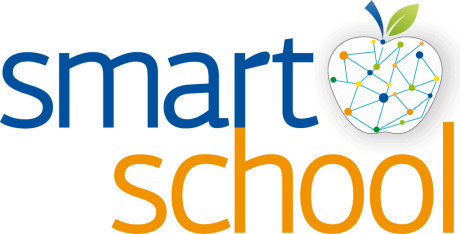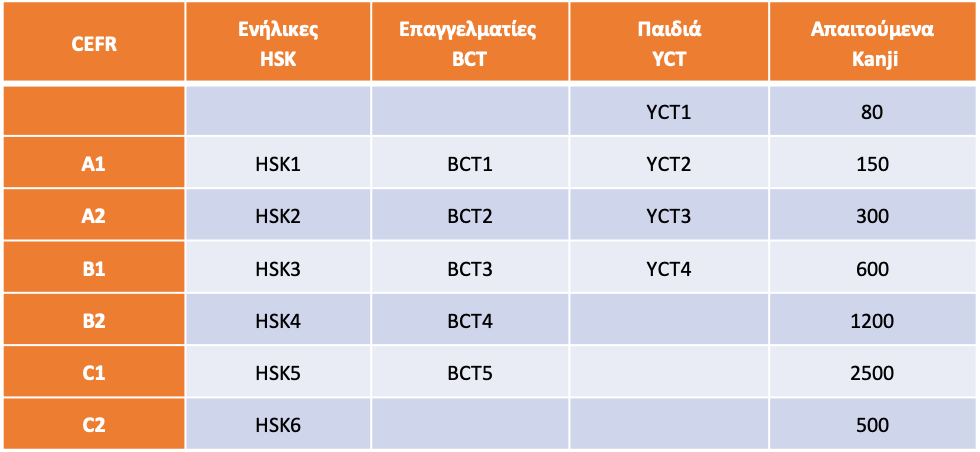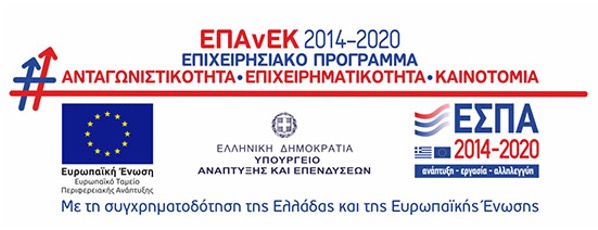YCT exams are aimed at children and in written level are conducted at levels YCT1-YCT4 while at oral level at levels YCT3-YCT4 (optional)
YCT1 (Youth Chinese Test)
This level of language skills does not correspond to a level of the Common European Framework of Reference (CEF).
At this first introductory level, basic knowledge is assessed in:
- Alphabet, vowels and learning correct pronunciation.
- Learning expressions.
- Learning basic vocabulary and 20 basic sentences that are widely used
- Identification eighty (80) kanji (ideograms).
YCT2 (A1)
The level corresponds in terms of language skills to level A1 of the Common European Framework of Reference (CEF).
At this level students are examined for the use of the Chinese language in everyday life. Basic language communication skills that are reflected in the knowledge of a corresponding number of ideograms 150 Kanji are assessed
YCT3 (A2)
The level corresponds in terms of language skills to level A2 of the Common European Framework of Reference (CEF).
Students are tested on the use of the Chinese language in topics that require simple and immediate exchange of information on familiar and everyday topics. Simple language communication skills reflected in the knowledge of a corresponding number of ideograms are assessed, 300 Kanji
There is an optional oral examination.
YCT3 (B1)
The level corresponds in terms of language skills to level B1 of the Common European Framework of Reference (CEF).
Students are tested on their use of the Chinese language in more complex subjects required in everyday as well as academic situations. Basic language communication skills reflected in knowledge of a corresponding number of ideograms are assessed, 600 Kanji
There is an optional oral examination.
Οι εξετάσεις απευθύνονται σε ενήλικες (HSK) και επαγγελματίες (BCT)
HSK1 -A1 (Hanyu Shuiping Kaoshi)
This level corresponds in terms of language skills to level A1 of the Common European Framework of Reference (CEF).
Candidates are examined for the use of the Chinese language in everyday life and are evaluated in the main syntactic structures, the pinyin writing system, the tones, some basic characters as well as the character representation lines. Also in basic language communication skills that are reflected in the knowledge of a corresponding number of ideograms 150 Kanji that relate to topics of simple communication and everyday
HSK2 -A2 (Hanyu Shuiping Kaoshi)
This level corresponds in terms of language skills to level A2 of the Common European Framework of Reference (CEF).
At this level, students are prepared to use the Chinese language in simple and everyday situations that require simple and immediate exchange of information on familiar and everyday topics. Simple language communication skills reflected in the knowledge of a corresponding number of ideograms are assessed, 300 Kanji
BCT1 (A1) – BCT2 (A2) (Business Chinese Test)
BCT diplomas are aimed at professionals and examine the communication skills of candidates in business and social issues, providing an important basis for evaluating the communication skills that candidates have to meet the requirements of a particular job in a company.
The exam is graded with a maximum score of 1000 points and the ranking is made at each level, depending on the performance of the candidate:
- Securing BCT1 (A1) requires a concentration of 0-200 points
- Securing BCT2 (A2) requires a concentration of 200-400 points
The exams are aimed at adults (HSK) and professionals (BCT)
HSK3 -B1 (Hanyu Shuiping Kaoshi)
This level corresponds in terms of language skills to level B1 of the Common European Framework of Reference (CEF).
By obtaining HSK 3, students are able to communicate in Chinese at a basic level in everyday life, but also in the academic and professional field. In addition, they can communicate comfortably in case they travel to China. At this level the characters (ideograms) that students know amount to six hundred (600)
Language communication skills reflected in the knowledge of a corresponding number of ideograms are assessed, 600 Kanji
HSK4 -B2 (Hanyu Shuiping Kaoshi)
This level corresponds in terms of language skills to level B2 of the Common European Framework of Reference (CEF).
At this level, candidates are considered for the use of the Chinese language in more complex everyday and professional, academic situations that require immediate exchange of information and relatively comfortable communication with native speakers from China.
Language communication skills reflected in knowledge of a corresponding number of ideograms, 1200 Kanji
BCT1 (B1) – BCT2 (B2) (Business Chinese Test)
BCT diplomas are aimed at professionals and examine the communication skills of candidates with business and social themes, providing an important basis for evaluating the communication skills that candidates have to meet the requirements of a specific job in a company.
The exam is graded with a maximum score of 1000 points and the ranking is made at each level, depending on the performance of the candidate:
- Securing BCT3 (B1) requires a concentration of 400-600 points
- Securing BCT4 (B2) requires a concentration of 600-800 points
The exams are aimed at adults (HSK) and professionals (BCT)
HSK5 -C1 (Hanyu Shuiping Kaoshi)
This level corresponds in terms of language skills to level C1 of the Common European Framework of Reference (CEF).
At this level, the candidates’ ability to manage demanding, lengthy texts is examined. It also examines whether it uses language flexibly and effectively for social, academic and professional purposes.
Linguistic communication skills reflected in the knowledge of a corresponding number of ideograms are evaluated, 2500 Kanji
HSK6 -C2 (Hanyu Shuiping Kaoshi)
This level corresponds in terms of language skills to level C2 of the Common European Framework of Reference (CEF).
The candidate is examined if he can easily understand almost everything he hears or reads. Also if it can be expressed spontaneously, with great comfort and accuracy, distinguishing subtle semantic nuances even in very complex circumstances
Language communication skills reflected in the knowledge reflected in a corresponding number of ideograms: 5000 Kanji, more than one Chinese intermediate level of education
BCT5 (C1) (Business Chinese Test)
The BCT5 diploma secures the highest level of business language skills, providing an important assessment basis for the skills required for high-level jobs in a company.
The exam is graded with a maximum score of 1000 points
- Securing BCT5 (C1) requires a concentration of 800-1000 points




